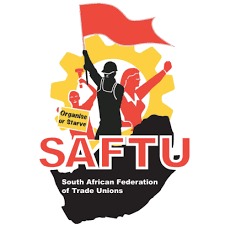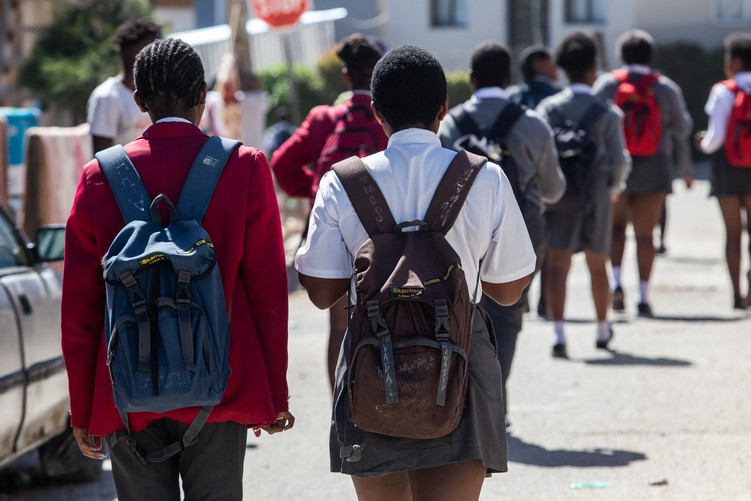summary: The Eastern Cape faces ongoing crises at initiation schools, where a tradition marking boys’ passage to manhood has been marred by neglect, abuse, and preventable deaths. In the 2024 festive season, 27 deaths were recorded, with negligence by initiation teachers and lack of parental involvement highlighted as major issues. Women are often excluded from discussions, leaving mothers helpless and reluctant to send their sons. Minister Velenkosini Hlabisa condemned illegal initiation schools and proposed suspending practices in high-risk areas to prevent further deaths. Communities and leaders must address these issues collectively to preserve this tradition and protect young lives.
By Yonela Gebengu the post Calls for Initiation Practices to be Suspended in Eastern Cape appeared first on Karibu – A Working Class News
Yet again the Eastern Cape province is troubled by initiation school-related crises. What is meant to be a celebration of young boys transitioning to manhood is instead causing their deaths.
The practice is meant to mark boys’ passage to manhood, but it has been marred by incidents of abuse, neglect, and too many a time, death. During the initiation season, it is normal for a young boy to succumb to peer pressure and force himself into the initiation school without his parents’ consent or knowledge. In some instances, parents are only informed after their child has already begun the initiation process, whilst some parents are even left to the reality that their child may not return alive.
These issues raise questions to those who practice this initiation on young boys without any parental involvement or guardian to check progress and care for the young boy during his process. The biggest problem however is the “Initiation teachers” who are reported to have displayed a lot of negligence. For example, a young boy died in a fire during the December 2024 initiation season in Stutterheim, whilst he was left alone with no adult care.
This tradition must be well-administered by traditional leaders, they must look out for negligence and arrest those who are responsible for such behaviour said Unathi Rwexana (30). He mentions that in his village Nqanqarhu in Maclear Eastern Cape, no initiate has died because they make sure that families are involved in the process. During the 2024 festive initiation season, the Eastern Cape Province has recorded at least 27 deaths, a sad reality for the families and the country to lose life in such a manner.
The sad reality is that with so many deaths and injuries related to this traditional practice, society continues to exclude women. As a result, mothers are often reluctant to send their sons to the initiation school because of its bad reputation and negligence.
Noxolo Mboniswa, a parent says, “as mothers, we feel helpless as our husbands and brothers hide these things. We struggle to find out how our children are doing during this process because it is a hidden matter. It is time that we talk about these issues and discuss them as a society and not exclude other people because there is a serious crisis at hand. We need to do away with excluding women and try and work as a collective to preserve this tradition and save lives.”
In a recent radio interview, Minister of Cooperative Governance and Traditional Affairs, Velenkosini Hlabisa condemned the rise of illegal initiation schools that are not practicing the tradition accordingly and putting young lives at risk. Hlabisa announced that the government will suspend initiation practices in areas with high death rates, saying they need to protect initiates, he also expressed concern that most of these deaths were preventable and attributed to negligence and recklessness of initiation schools.
Sadly, a traditional practice may be suspended due to reckless individuals and communities. “This is an old tradition that has been practised for many years and initiates would never die during those days, something is wrong. Communities must survey what the real issue is and traditional leaders must intervene and find solutions that will not only harm the tradition but solve the problem,” said Ayabonga Buso (31).
This article was submitted on 14 January 2025. You may republish this article, so long as you credit the authors and Karibu! Online (www.Karibu.org.za), and do not change the text. Please include a link back to the original article.






